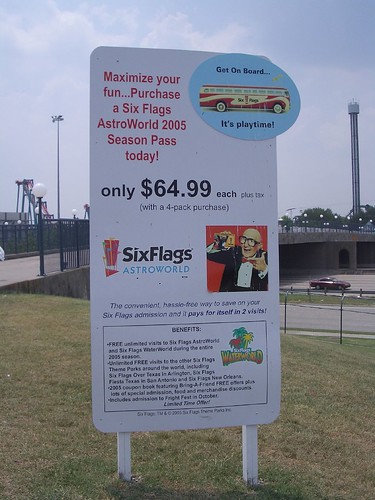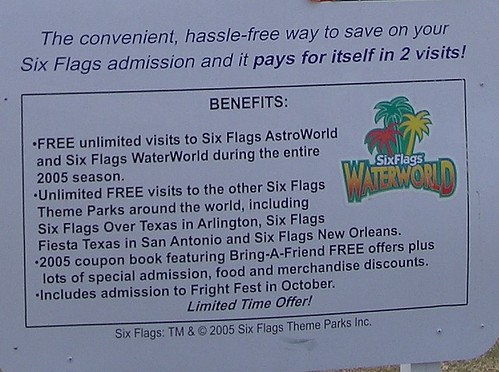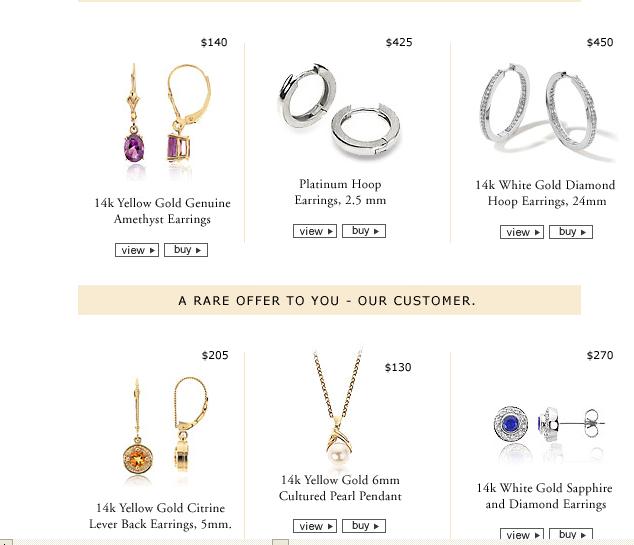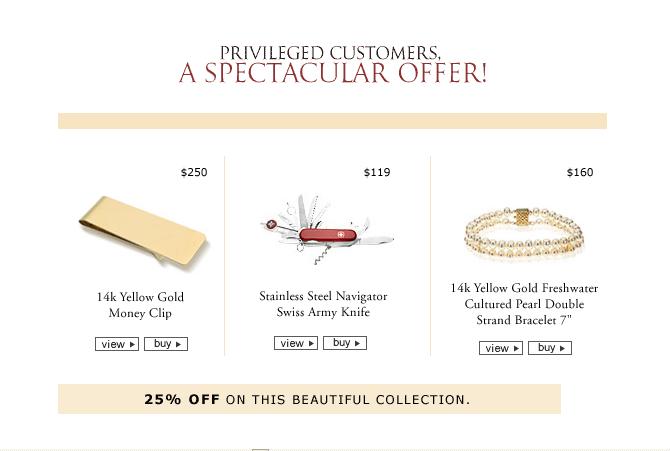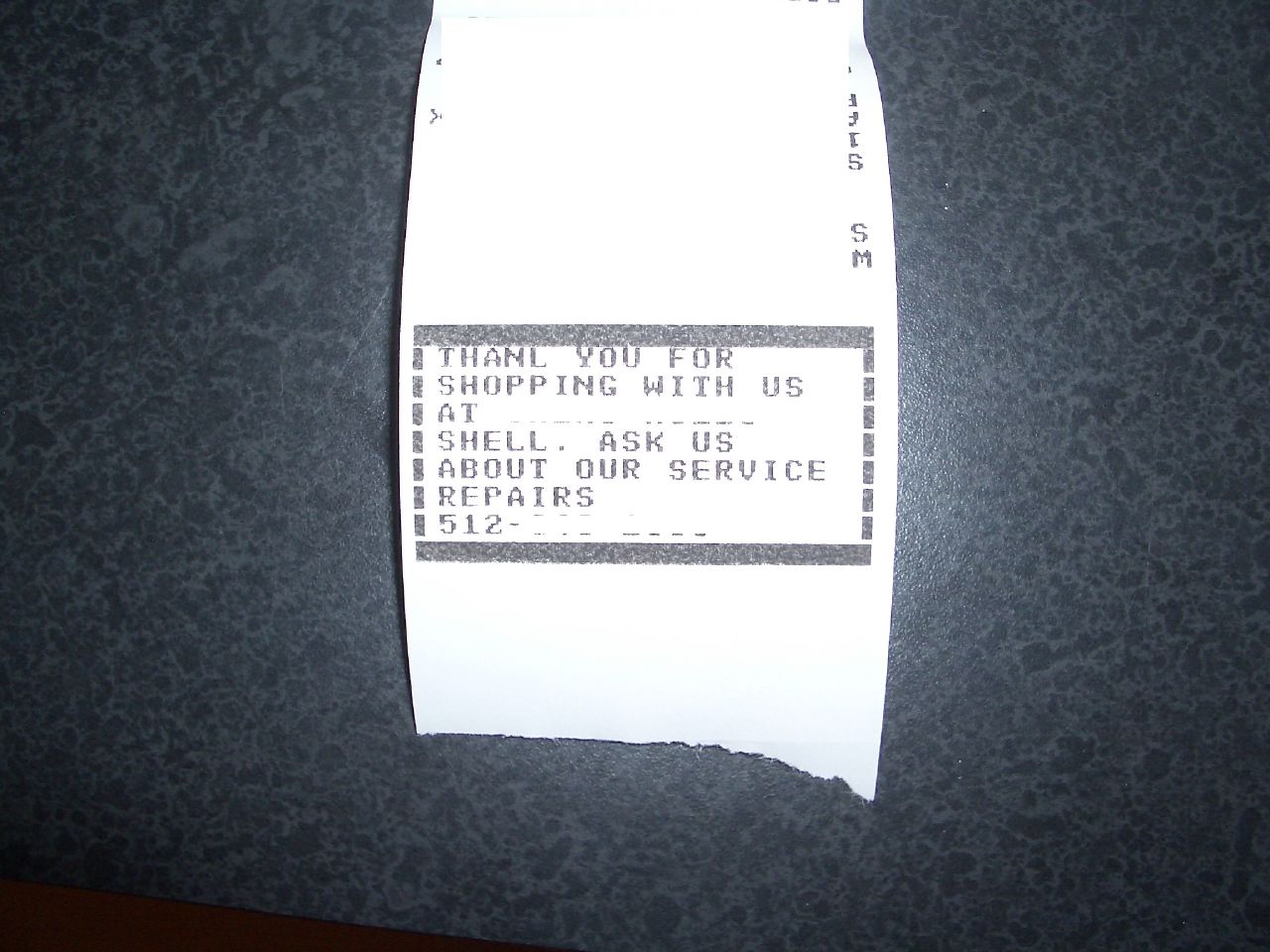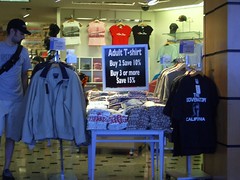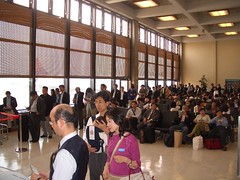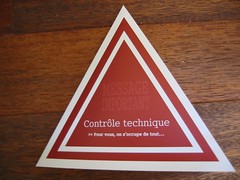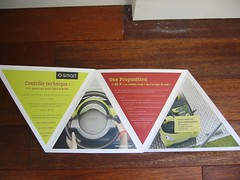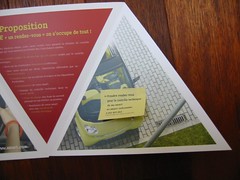This is a double posting, and we will talk about two stories: one is a sad and money losing story, that will probably wet your profit oriented eyes; the second one is a happy ending, money making and profit generating one.
I promise, at the end, they will all live happily thereafter.
All right, down to work.
I am a big fan of databases, of capturing with ethical discipline information about your customers. How do we do that? Simple, we give them a good reason to give us their names, addresses, email, phone number etc.? we will have soon a posting dedicated to this fine art of getting these information in a simple way.
The posting today will analyze one of the long term advantages of building a database of your customer base: the possibility of bringing dormant customers back to life.
As Jay Abraham says, people generally stop buying from you for one of 3 reasons:
- They are unhappy about your product or service
- They moved to a different job/position/situation and don't need you/your product/services anymore
- They simply forgot to continue buying from you, for no particular negative reason: maybe they tried a different product and decided to keep using it (but if you asked them back, they would come), or they simply forgot to call for renewing the subscription to your service etc
Today we will talk about the third reason: people that do not have anything negative against you, but simply stopped buying from you.
In this case, very often, a simple solicitation, with a heartfelt letter or email and an incentive, can restart the relationship. For a very low cost: remember how costly is to acquire a new customer: in comparison, re-activate an old one is often dirt cheap.
But to be able to solicit a former customer, we need to know how to reach him/her: that's why the database is essential. But not sufficient: then you need a business savvy mastermind behind the database, that can use all its power.
I give you here the first story, the sad one (prepare your tissue: we will talk about many poor dollars of profit flushed down the drain... what a waste...).
For 4 years, every time I went to Taiwan for business I stayed at the same hotel: let's call it Number One Hotel. I was happy: good place, distinctive service and nice atmosphere. Last year our office moved few kilometers down the road (5 minutes by taxi, to put things in perspective).
Because now the office was further from Hotel Number One, I tried another hotel, Hotel Number Two, closer to the new office: I liked it, and now I stay always at Hotel Number Two.
The staggering thing for me is that Hotel Number One has all the information about my buying patterns in the past (I would stay at least once every 2 months), my personal information and never took the initiative to contact me. After one year of no-show, their computer could just bubble my name up and say "This is probably a lost customer: let's try to reactivate him". How? Eaaaaasssssy: propose me some special rates, propose me to pay my taxi expenses to go to the new office ($5 a day... big deal...), upgrade me in a bigger room when available.
Would I consider going back if asked? In a second! It was a great place, I was happy there ... at least this would put much more pressure on Hotel Number Two to continue to keep me.
Sad? I warned you, very sad story...
But don't feel too bad: tomorrow a happy ending story will follow
Mau in Austin
